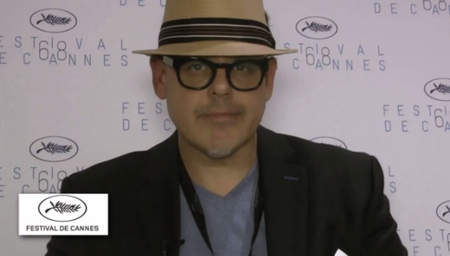During the festival there are more exotic fast cars per square kilometer in Cannes than anywhere else in the world. Lamborghinis, Ferraris, McLarens, and Maseratis ostentatiously rev their engines through Cannes’s crowded narrow streets. Scooters and motorcycles somehow manage to slip past. Driven by brawny young men busy talking on cellphone headsets, or by statuesque women with big hair, the flashy cars embody all of the glamour, celebrity culture, and excess of Hollywood on the Rivera.

It’s ironic then that the film that opened this year’s festival should be a reflection of France’s unsteady future in the face of rampant unemployment. Following the horrific Charlie Hebdo attacks, the festival heads made a conscious decision to deviate from its usual habit of giving the opening night slot to a piece of Hollywood tripe in favor of “La Tete Haute” (“Standing Tall”), a French social realist drama from director Emmanuelle Bercot. “Tete” avoids clichés as it digs into deep-seeded problems of psychological and social conditions. The powerhouse casting of Catherine Deneuve as a juvenile detention judge centers the film. Benoit Magimel more than pulls his weight as Yann, a counselor assigned to guide the rehabilitation process of Malony, a troubled victim of terrible parenting. The fiction that all mothers are innately good people is given a proper trouncing here.
Newcomer Rod Paradot is a revelation as Malony. His gut-wrenching naturalistic performance is as good as it gets. Paradot owns the movie with an instinctive portrayal that’s up there with Marlon Brando’s best work. If some critics recoil from “Standing Tall,” it says more about their inability to grapple with the genre than it does about the movie. “Standing Tall” is the kind of uncompromising film Ken Loach would love.

There were fireworks on the first night, but the cumulative emotional power of the films in this year’s festival promises to leave indelible memories and lessons far greater than burning bits of paper in a night sky.



